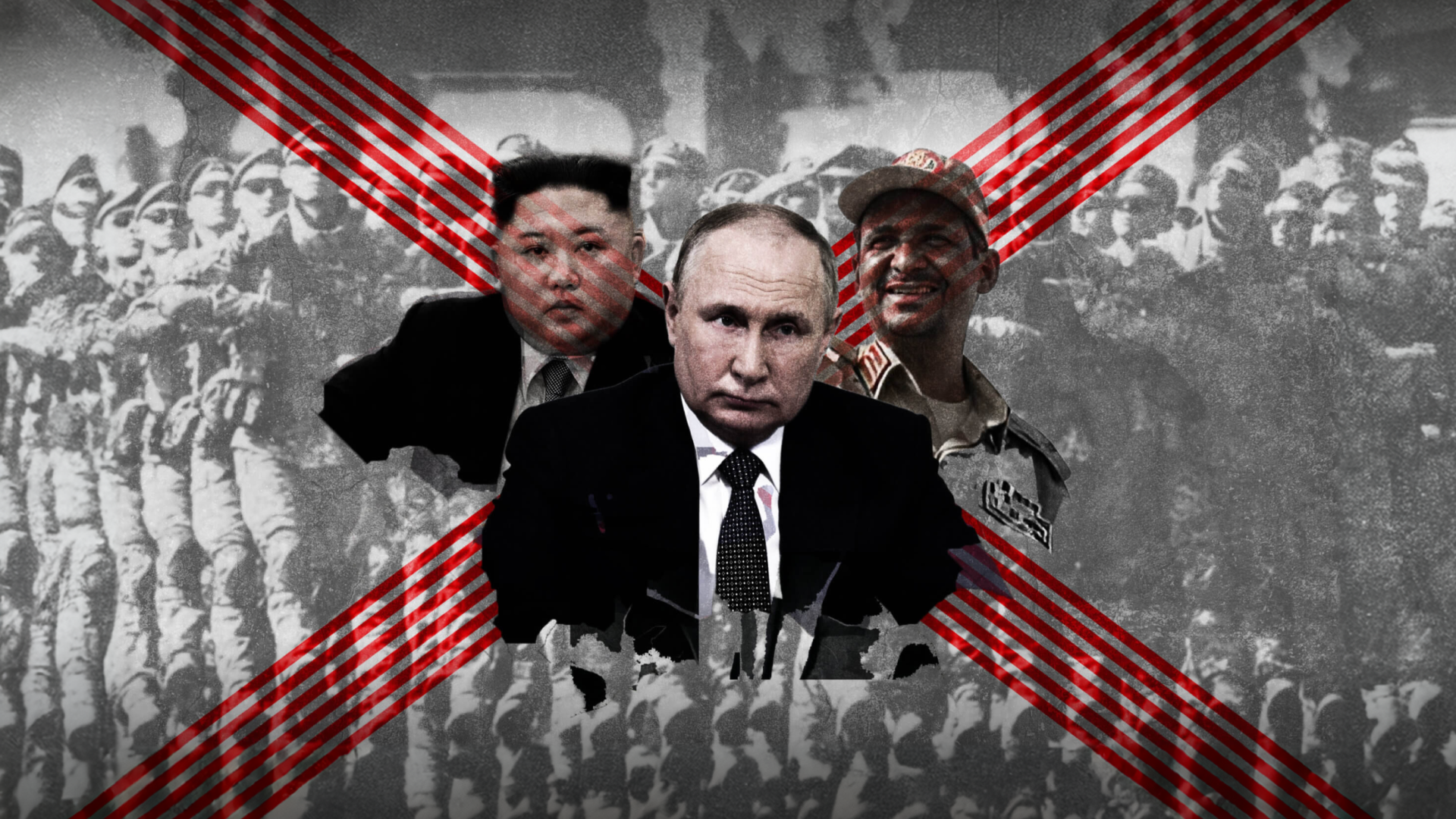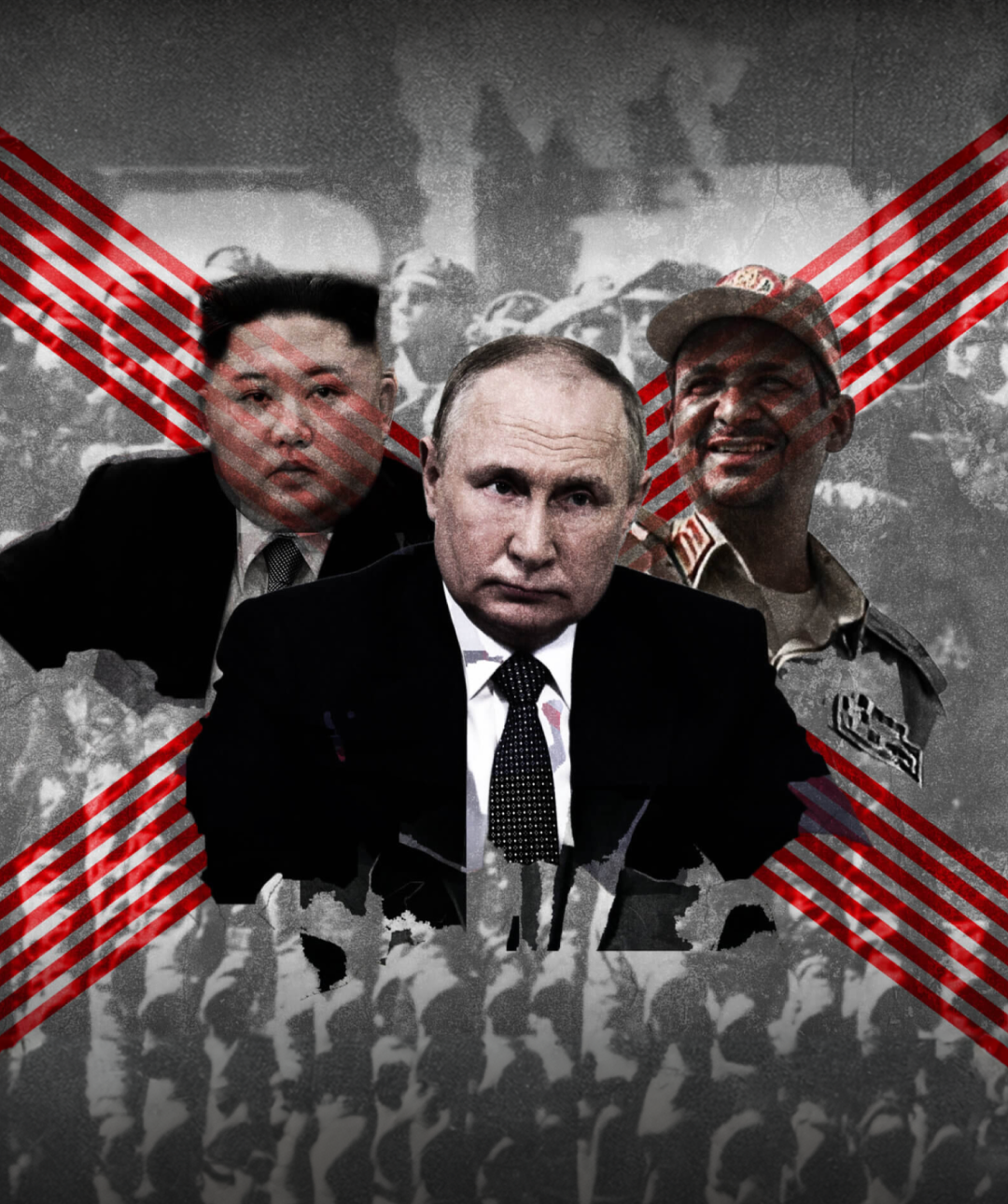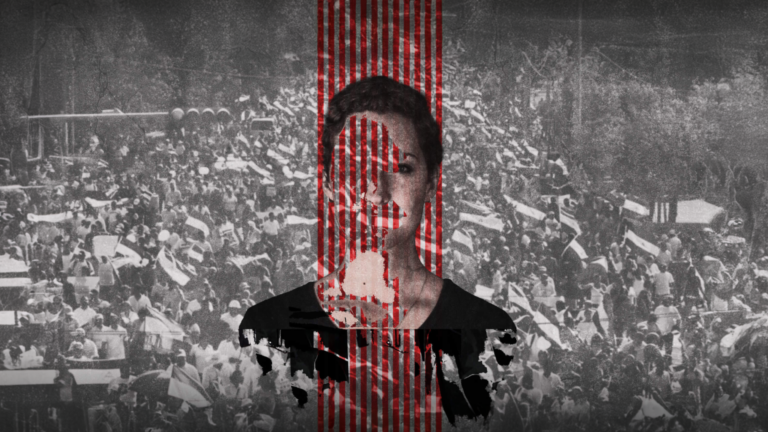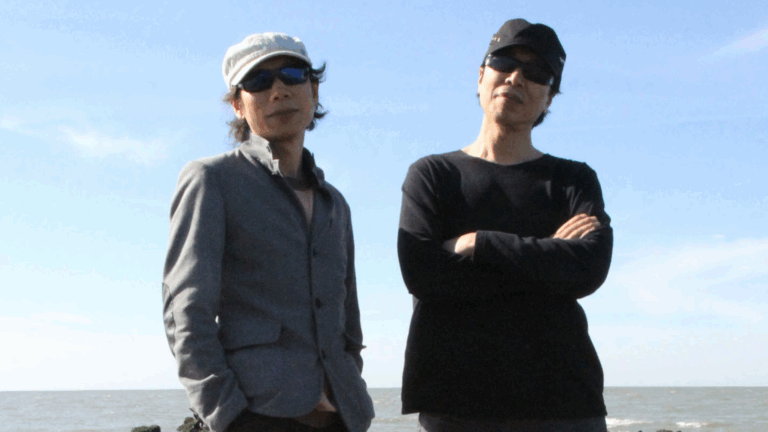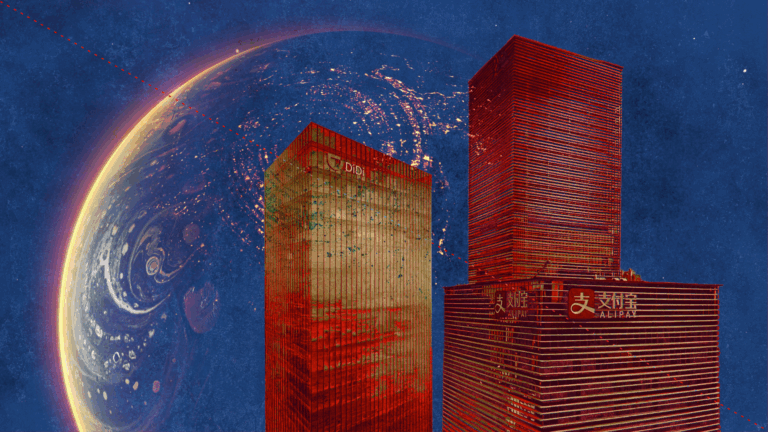Russia
In 2014, during Russia’s annexation of Crimea, a powerful Russian mercenary army surfaced: The Wagner Group.
Established and led by Russian oligarch Yevgeny Prigozhin, Wagner acquired significant power due to its close relationships with Russian military forces and intelligence agencies — many of which stem from Prigozhin’s connections with President Vladimir Putin.
Often referred to as “Putin’s private army,” Wagner was deployed to extend Russia’s international influence and domination. Since the annexation of Crimea, Wagner has been active in Syria, Venezuela, and several African nations. In Africa, Wagner helped numerous authoritarian regimes, including the Central African Republic and Burkina Faso, maintain power in return for these countries’ natural resources. A 2022 CNN investigation revealed that Sudan permitted Russia access to its abundant gold resources in eastern Africa for military aid and political backing. In April, Wagner provided Sudan’s Rapid Support Forces (RSF) with missiles to support its conflict with the national army.
But in June, in an unexpected and bold move, Prigozhin led an attempted uprising against the Kremlin. Prigozhin commanded his forces to seize a Russian military base in Rostov-on-Don and initiated an advance toward Moscow before ultimately retreating. In response, the security forces quickly sought his arrest. In August, Russian authorities announced Prigozhin was among 10 fatalities in a private plane crash from Moscow on its way to St. Petersburg.
Despite Prigozhin’s killing, Russia’s Foreign Minister, Sergey Lavrov, has pledged the ongoing involvement of the Wagner Group in Mali and the Central African Republic.
North Korea
In February 2022, Russia began its all-out assault on Ukraine. Thousands of Ukrainian soldiers have since been killed or injured. At least three million people became internally displaced, while more than 14 million are in need of humanitarian assistance. Several countries, including the United States, Canada, Japan, the United Kingdom, New Zealand, and the European Union, imposed sanctions and restrictions on Russia. In contrast, North Korea has since become a closer ally to Russia.
North Korea’s relationship with Russia has had its ups and downs, but this year, the two countries signaled a close partnership. Dmitry Peskov, a Russian diplomat and press secretary for Putin, said: “North Korea is our neighbour, and we continue and will continue to develop close relations in all areas.” In September, Kim Jong-un made his first trip abroad in more than four years to meet Putin and tour key military and technology sites. Kim received explosive drones and a bulletproof vest as gifts at the end of his visit. After the trip, Kim called for an increase in the production of nuclear weapons and for North Korea to play a bigger role in a “new Cold War” against the US.
Despite being heavily sanctioned by numerous nations, North Korea possesses and produces a massive stockpile of artillery shells, rockets, and nuclear weapons. In the past few months, North Korea has reportedly been selling ammunition to Russia. US intelligence released satellite imagery revealing what it believed to be hundreds of containers bearing North Korean military weapons and equipment. The images showed the vessels traveling from North Korea’s northeast port in Najin to Dunai, in Russia’s far east. North Korea’s arms sales were allegedly a quid pro quo for Russia’s satellite technology, according to South Korea’s National Intelligence Service.
Libya
In April, a civil conflict erupted in Sudan, ignited by members of Sudan’s military leadership. Violence and instability plague the country, undermining previous aspirations for a democratic transition after the removal of the long-standing dictator Omar al-Bashir. The two forces, who had once stood united in the political transitional movement, are now locked in a violent struggle that has claimed thousands of civilian lives, forcibly displaced 5.7 million people, and left 24.7 million — over half of the population — reliant on humanitarian assistance.
The military campaign — forged by the RSF and commanded by Mohamed Hamdan Dagalo (or Hemedti) and Gen. Abdel Fattah al-Burhan’s Sudanese forces — has fundamentally altered the possibility for democratic change. RSF now controls the majority of Khartoum and other major cities.
Central to Hemedti’s efforts have been the unwavering support and military backing of Khalifa Haftar, the former military chief of Libyan dictator Muammar Gaddafi, and his militant group, the Libyan National Army (LNA). LNA’s military assistance has played a crucial role in the escalation of the Sudanese conflict and the broader struggle for control of the nation.
At the onset of Sudan’s civil conflict, photographs showed weapons being transported from military bases under Haftar’s control in Libya to the RSF. The images also reveal Haftar’s air bases serving as launching points for military cargo. Beyond that, goods such as fuel, Captagon, hashish, gold, and stolen cars are being smuggled into Sudan from Libya.
Hemedti first mobilized RSF fighters to Libya to join the LNA during a 2019 attempt to capture Tripoli. Prior to the outbreak of the 2023 conflict in Sudan, Haftar shared critical intelligence with Hemedti, apprehended his enemies, boosted fuel supplies, and reportedly trained hundreds of RSF fighters in urban warfare.
Haftar’s attempt to capture Tripoli and gain effective control of Libya was unsuccessful, but it’s no secret that he supports a similar effort in Sudan today. Thus, the parallel with Haftar’s role in Libya further emphasizes the pattern of authoritarian support seeking to undermine democratic transitions. This alliance, whose mission is to assert political control through armed conflict, not only thwarts the prospect of democratic change in Sudan but perpetuates a relentless cycle of violence, harming millions of innocent lives in the process.


